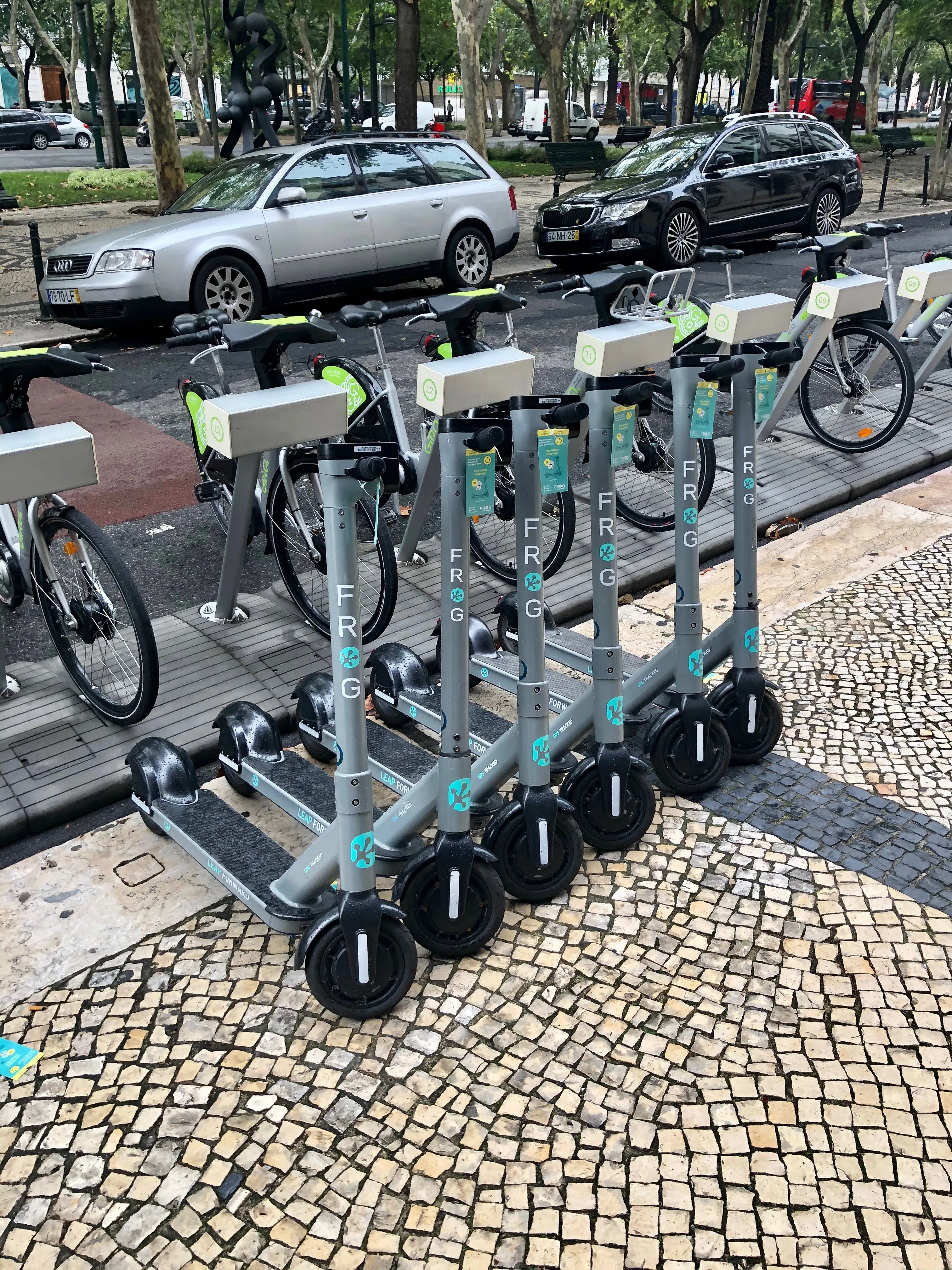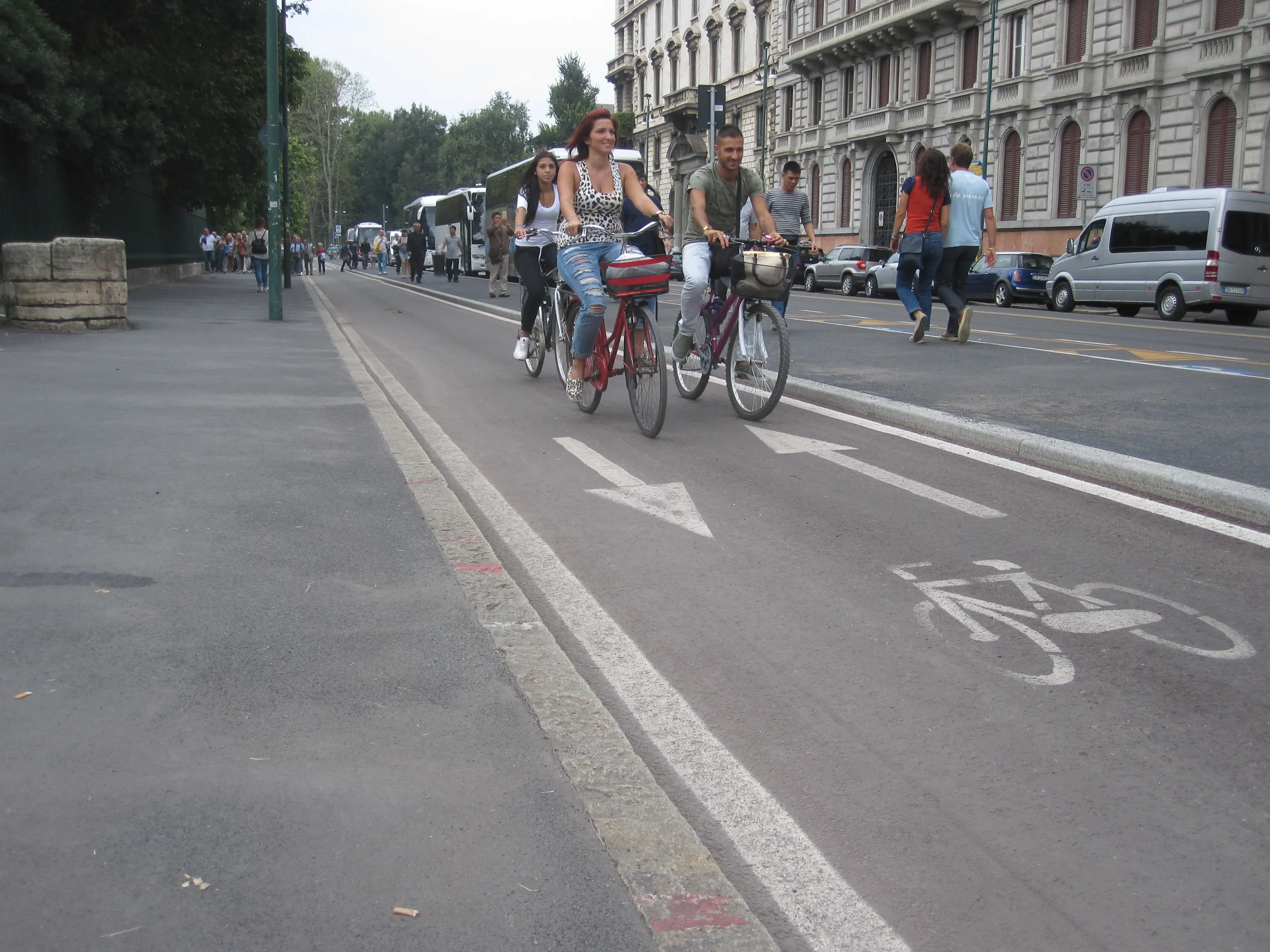Quebec Premier Pauline Marois has unveiled a US$1.93 billion (CAD2 billion) job creation plan that would include the creation of a new purpose-built electric car.
The government is looking to allocate $498.23 million (CAD516 million) out of the total job creation plan budget to the Nomad electric car project, said to be identical in concept to the Bixi bike-sharing program of Montreal.
October 16, 2013
Read time: 1 min
Quebec Premier Pauline Marois has unveiled a US$1.93 billion (CAD2 billion) job creation plan that would include the creation of a new purpose-built electric car.
The government is looking to allocate $498.23 million (CAD516 million) out of the total job creation plan budget to the Nomad electric car project, said to be identical in concept to the Bixi bike-sharing program of Montreal.
Nomad is aimed at filling the gap between personal cars and public transit and would take two or three more years to develop. According to CNAT's (Centre de transport avancé) director general, Sylvain Castonguay, the Nomad would not replace current electric vehicles on Quebec's roads.
The government is looking to allocate $498.23 million (CAD516 million) out of the total job creation plan budget to the Nomad electric car project, said to be identical in concept to the Bixi bike-sharing program of Montreal.
Nomad is aimed at filling the gap between personal cars and public transit and would take two or three more years to develop. According to CNAT's (Centre de transport avancé) director general, Sylvain Castonguay, the Nomad would not replace current electric vehicles on Quebec's roads.









